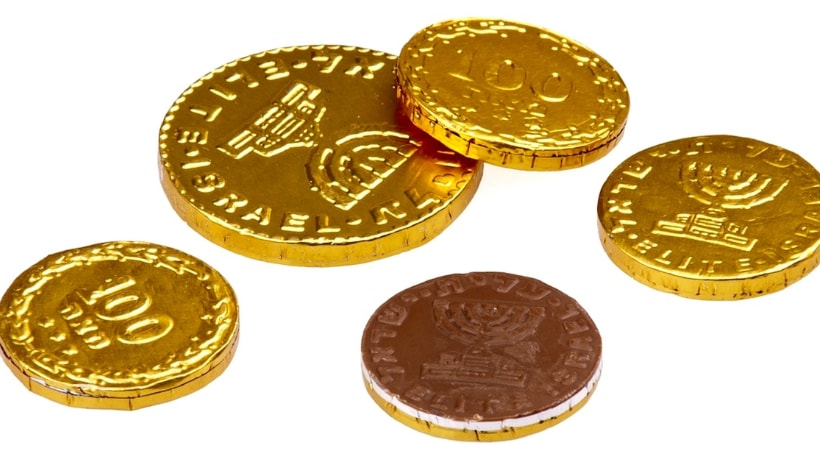As we learned from the widespread propagation of “fake news” over the last several months, we believe what we want to believe. Fake news and sensationalized headlines are nothing new, but they rose to the forefront of our national dialogue during and immediately following the election.

What makes fake news so controversial is not that it exists. Anyone who has spent any time in a grocery store checkout line in the last 40-plus years has seen plenty of “published” fake news headlines. (Don’t you feel better knowing Elvis and JFK are alive and well in a bunker in Montana? I sure do.) What makes today’s fake news troubling is that social media, as pervasive as it is, is still a relatively new type of media. We’re still testing its limits and its trustworthiness.
Not only is fake news nothing new, so to speak, but the story of Hanukkah itself, which goes all the way back to 167 B.C.E., is fake news.
SPOILER ALERT: The rest of this article presents some information about Hanukkah that may be different than what you learned in Hebrew school or from singing “Hanukkah, Oh Hanukkah.” If you would like to continue living under this unspoiled illusion, you may want to skip to the final paragraph.
Most of us learned as children that the miracle of Hanukkah was that a little bit of oil lasted a full eight days, which is why we celebrate by lighting the chanukiah for eight nights. In reality, this headline that has been perpetuated since before “I Have a Little Dreidel” is one of the earliest fake news stories.
You see, while the Maccabees were fighting to save their society and their religion, they missed out on the fall celebration of Sukkot, an eight-day festival. So when the war ended and the Temple was rebuilt, it was the perfect time to “catch up” on the holiday they missed. Thus, they rededicated the Temple and celebrated for eight days. Hanukkah isn’t a miracle of oil, it’s just a late Sukkot.
But if you ask most people about the miracle of Hanukkah and why we light candles eight nights in a row, the only answer most people know is that the oil miraculously lasted that long. Why did we substitute the truth for something entirely made up? If we wanted to celebrate a miracle, wasn’t it a big enough miracle that the small band of Maccabees defeated the mighty Greek army?
One possible reason for the replacement story is that it’s not the simple truth; it’s provocative and inexplicable. Perhaps it is because in a time of darkness and destruction, the people needed to hold onto a miracle of light.
In the end, the “fake news” of Hanukkah was relatively harmless, and in fact quite the opposite. It created and sustained one of the most well-known Jewish stories within and outside of Judaism. But it also teaches us the power of our words and the power our convictions have over us. Confirmation of the opinions we hold, whether based in truth or not, makes us feel complete and safe. Although the consequences of fake news are not always as uplifting and miraculous as the new and improved story of Hanukkah, the reasons for fake news centuries ago and today are probably similar. We may not see as many miracles these days, but that doesn’t mean we aren’t looking.



